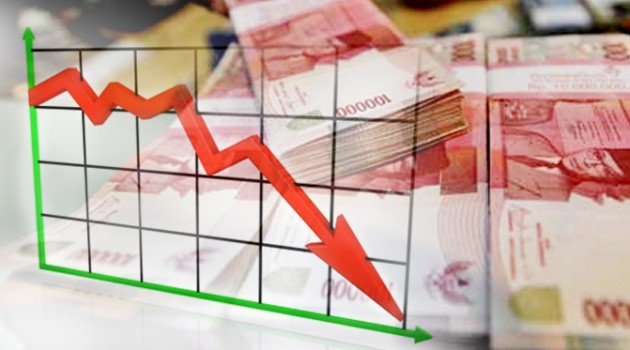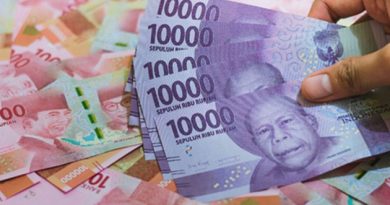If Rupiah Weakening Persists, it Will Affect Economy

Moody’s Investors Service has said that if the negative exchange rate pressure persists for the rupiah, the economy will be affected.
“Current rupiah depreciation is much less than the 31.6 percent decline between May and December 2013, but if the negative exchange rate pressure is to persist, there will be implications throughout Indonesia’s economy,” Moody’s says in a statement received on Monday.
The country had a high ratio of foreign currency debt to total general government debt of 40.1 percent at the end of 2017, it said, adding that further rupiah depreciation and rising yields would diminish debt affordability.
Indonesia’s ratio of interest payments to revenue of 11.7 percent is already weaker than the 8.2 percent median for Baa-rated sovereigns, according to Moody’s.
Last Tuesday, Indonesia’s government bond spiked by nearly 30 basis points to 7.3 percent, but retreated to 7.2 percent at the end of the week, while the rupiah extended its decline for the third consecutive month in May, depreciating 4.1 percent since January.
It says that these market developments will have a credit-negative effect on the government’s fiscal metrics and weigh on debt affordability.
“Currency depreciation raises the risk of higher imported inflation, and because the currency declines reflect outflows of portfolio capital, they may signal underlying balance-of-payment challenges through a drop in foreign-reserve buffers, it adds.
Indonesia’s net debt inflows year-to-date through April have slowed to less than $1 billion from $6 billion a year earlier, the result of rising US bond yields and a stronger dollar.
Courtesy : Thejakartapost
photo : Kaskus
[social_warfare buttons=”Facebook,Pinterest,LinkedIn,Twitter,Total”]



